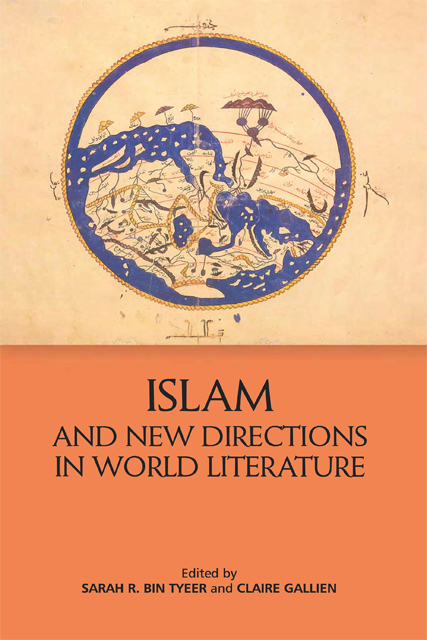10 - Praising the Prophet Muḥammad in Chinese: A New Translation and Analysis of Emperor Zhu Yuanzhang’s Ode to the Prophet
Published online by Cambridge University Press: 14 July 2023
Summary
There is a poem composed in classical Chinese titled baizizan, or ‘One Hundred Words of Praise’, which is an ode to the Prophet Muḥammad. Chinese Muslim intellectuals since the Ming–Qing period have attributed the poem to the founding emperor of the Ming dynasty, Zhu Yuanzhang (r. 1368–98). Some go as far as to think of the Ming royal family as patrons of Islam, and even claim that the poem reveals Zhu Yuanzhang to have been a Muslim. The attribution to Zhu has been a matter of scholarly debate. However, in the light of the pervasive influence of Muslims in early Ming China, diplomatic interaction and letter exchange between the Ming and the Muslim rulers in Central Asia such as Tamerlane and his successors, and sweeping Islamisation in fifteenth-century Central Asia after Mongol rule make it likely that Zhu, like any worldly person of his time, would at least have been familiar with Muslims and Islam, including poems praising the Prophet Muḥammad that were in circulation in Eurasia at the time. It is certainly possible that Zhu or one of his contemporaries or successors possessed the requisite knowledge of Islamic texts and traditions to compose baizizan. Furthermore, a close textual analysis of the poem itself reveals a great deal about its author.
The history of the Ming dynasty (1368–1644) is a testament to the unprecedented impact of Muslims in diplomacy, as demonstrated by the great maritime expeditions led by Muslim admiral Zheng He and his Ḥanafī Muslim associates that traversed the Indian Ocean and generated more knowledge about overseas practices of Islam from Southeast Asia to East Africa. At the same time, the Ming government introduced nativist cultural assimilation policies to Sinicise – or more accurately, Han-ify – subject populations that were not ethnically or culturally Han, such as Mongols and various Muslim groups. As a result of these policies some Muslim communities adopted Confucian literary styles and the Chinese language – again, more accurately the dialects favoured by the Han. Some communities were said to have become Confucian Muslims or Muslim Confucians. The relative success of Muslim communities through that enculturation into Han Chinese societies is a primary factor explaining why Chinese Muslims tend to remember or document the Ming dynasty nostalgically as a golden age of Islam in China.
- Type
- Chapter
- Information
- Islam and New Directions in World Literature , pp. 271 - 294Publisher: Edinburgh University PressPrint publication year: 2022



